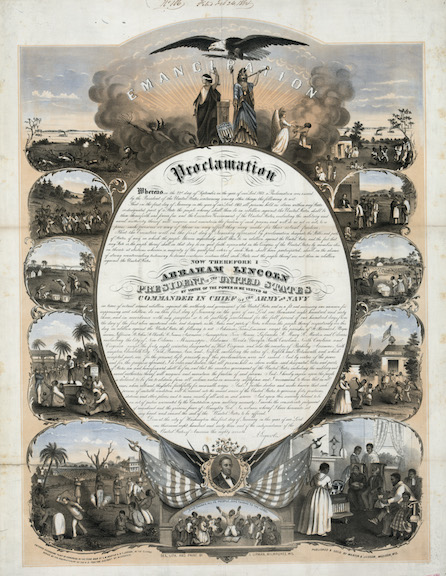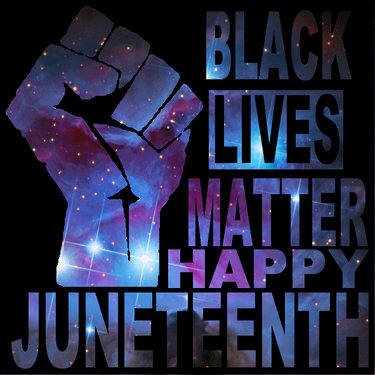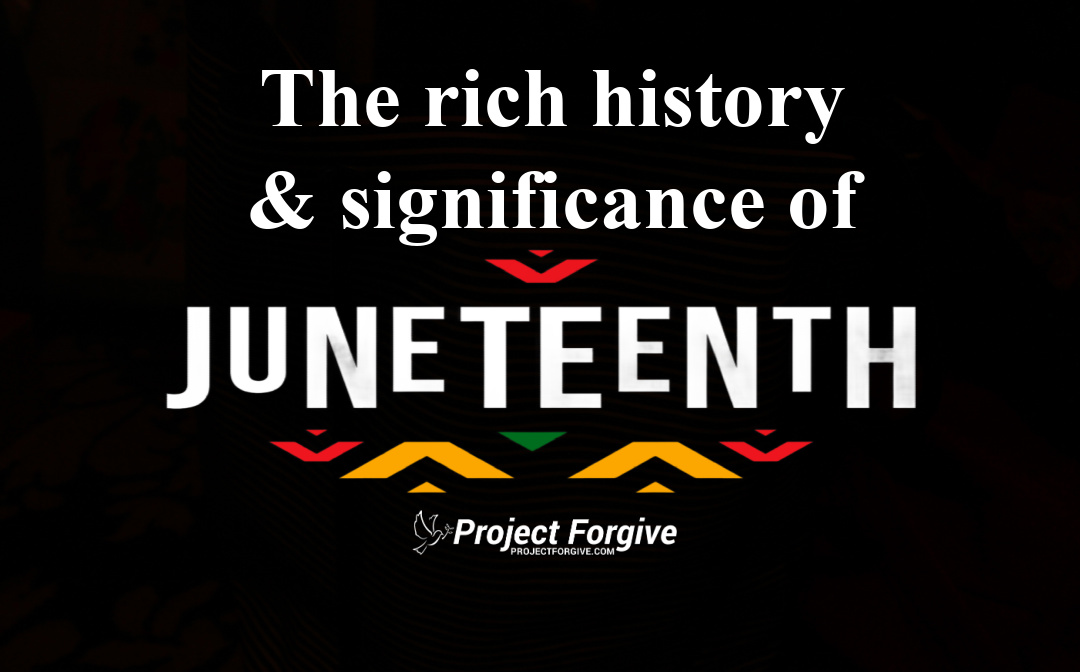Juneteenth, celebrated on June 19th, represents a pivotal moment in American history that symbolizes freedom and equality for all.

When I did some research, I now understand the holiday’s history and significance. Juneteenth is a celebration for all of us and honors the resilience, courage and contributions of African Americans.
It also serves as an important reminder of the ongoing struggle for justice and equality, while emphasizing the importance of unity, understanding, and respect for all cultures and background in our diverse nation.
The History of Juneteenth
The Emancipation Proclamation freed 3 million black slaves back in 1863, but it took more than two years before enforcement even began.

Union soldiers arrived in Galveston, Texas on June 19, 1865, spreading the news that slavery was abolished. This was also news to many who were STILL enslaved. Some slave owners were unwilling to release slaves unless forced by the government.
Slavery officially ended in December of that year, when the 13th Amendment to the constitution was ratified by Congress.
The amendment states that neither slavery nor involuntary servitude can exist in the United States, except as a punishment for a crime.
After the start of enforcement in June 1865, African Americans formerly enslaved began celebrating with prayer, feasting, singing and dancing.
On June 19, 1866, the first official celebrations took place in Texas. The observances included prayer meetings and singing. Celebrants would wear new clothes to represent their new freedom from slavery.
Soon after, African Americans began celebrating in other states. It quickly became an annual celebration and tradition.

The National Museum of African American History and Culture powerfully shares: “Black people, enslaved and free, held on to their humanity and fought for freedom from as early as the Colonial period. They pushed the country to fulfill the highest ideal of liberty, by ensuring a more inclusive manifestation of freedom. Their unyielding efforts brought the country out of the bondage of enslavement.”
It wasn’t until 1980 that Texas declared Juneteenth a state holiday.
In 2020, several American corporations and educational institutions, including the National Football League and Nike, began treating Juneteenth as a company holiday, providing a paid day off to their workers. Google Calendar added Juneteenth to its U.S. Holidays calendar, as well.
Also in 2020, a number of major universities formally recognized Juneteenth, either as a “day of reflection” or as a university holiday with paid time off for faculty and staff.
Salesforce, a cloud-based customer management platform, recognized Juneteenth’s significance back in 2018.
Lisa Hardin, a Salesforce Supplier Diversity Sr. Manager, says the celebration is about educating, empowering and uplifting our communities and workplaces.
“A workplace culture that champions inclusivity and equity is not just about doing the right thing, it leads to increased innovation and better results. Engaging in candid dialogues offers a powerful opportunity to educate and advocate both within and beyond the confines of the workplace,” says Hardin.

In 2021, Juneteenth became a federal holiday, spearheaded by activist Opal Lee, known as the grandmother of Juneteenth. Lee campaigned for decades to make Juneteenth a federal holiday leading walks from Fort Worth, Texas to Washington DC.
Lee, born in 1926, was only 12 years old when a racist white mob stormed and set fire to her home in Fort Worth, Texas.
Juneteenth is considered the “longest-running African American holiday” and has been called “America’s second Independence Day.”

Red foods are commonly served during Juneteenth gatherings, celebrating and representing the resilience of African Americans throughout a long journey of freedom.
The Juneteenth flag with its five-pointed star, represents Texas and the freedom of African Americans in all 50 states. The nova, or “new star”, that surrounds the star symbolizes a new beginning for everyone.
Some say that Juneteenth should also remind all Americans that emancipation was not enough, and that racial injustice continues to deeply affect Black Americans today.
If inspired, please share.
Related Articles:
Fun and Fascinating Facts About the 4th of July
Leap Year is Important: Fun & Fascinating Facts about February 29th


